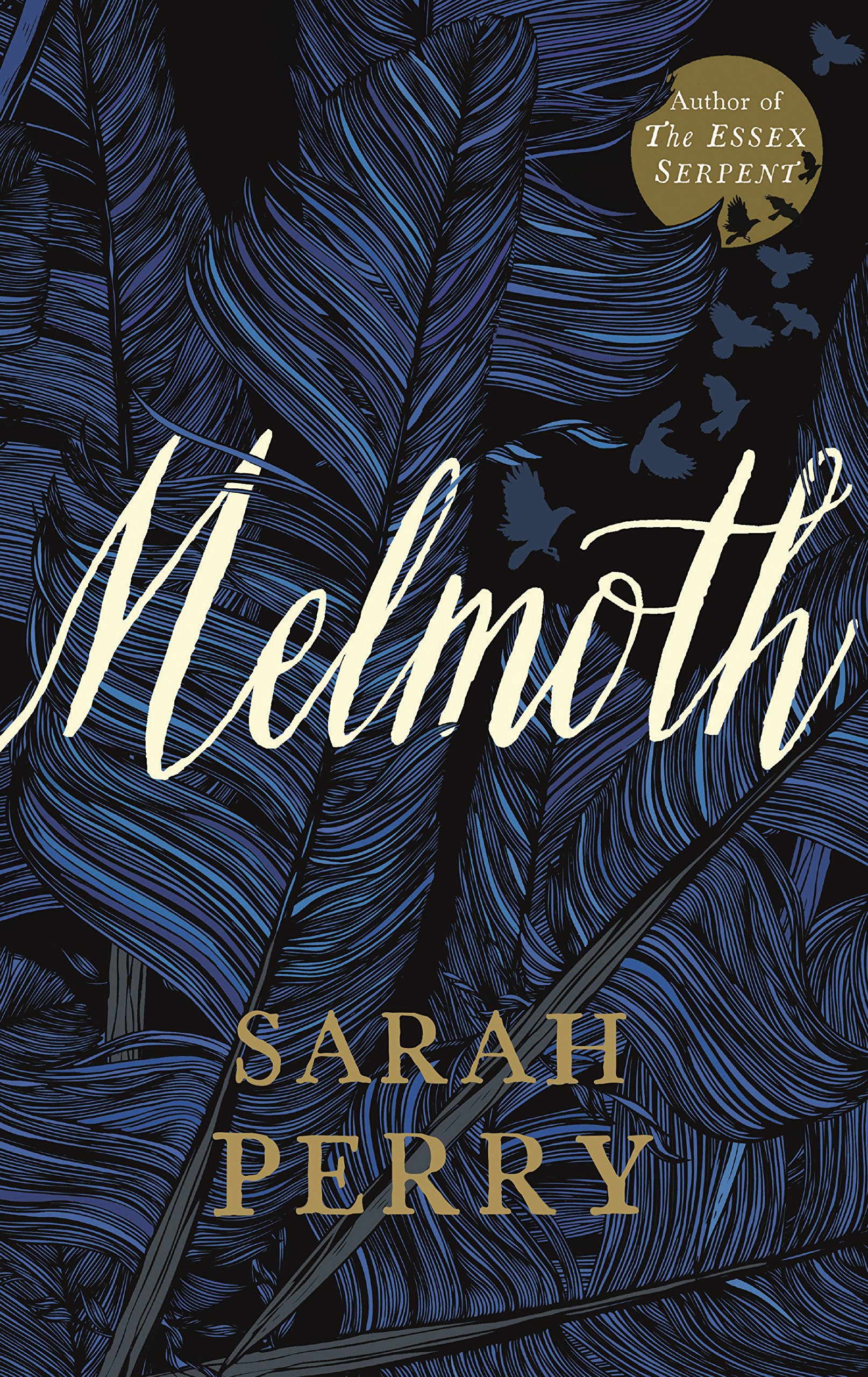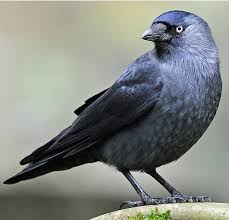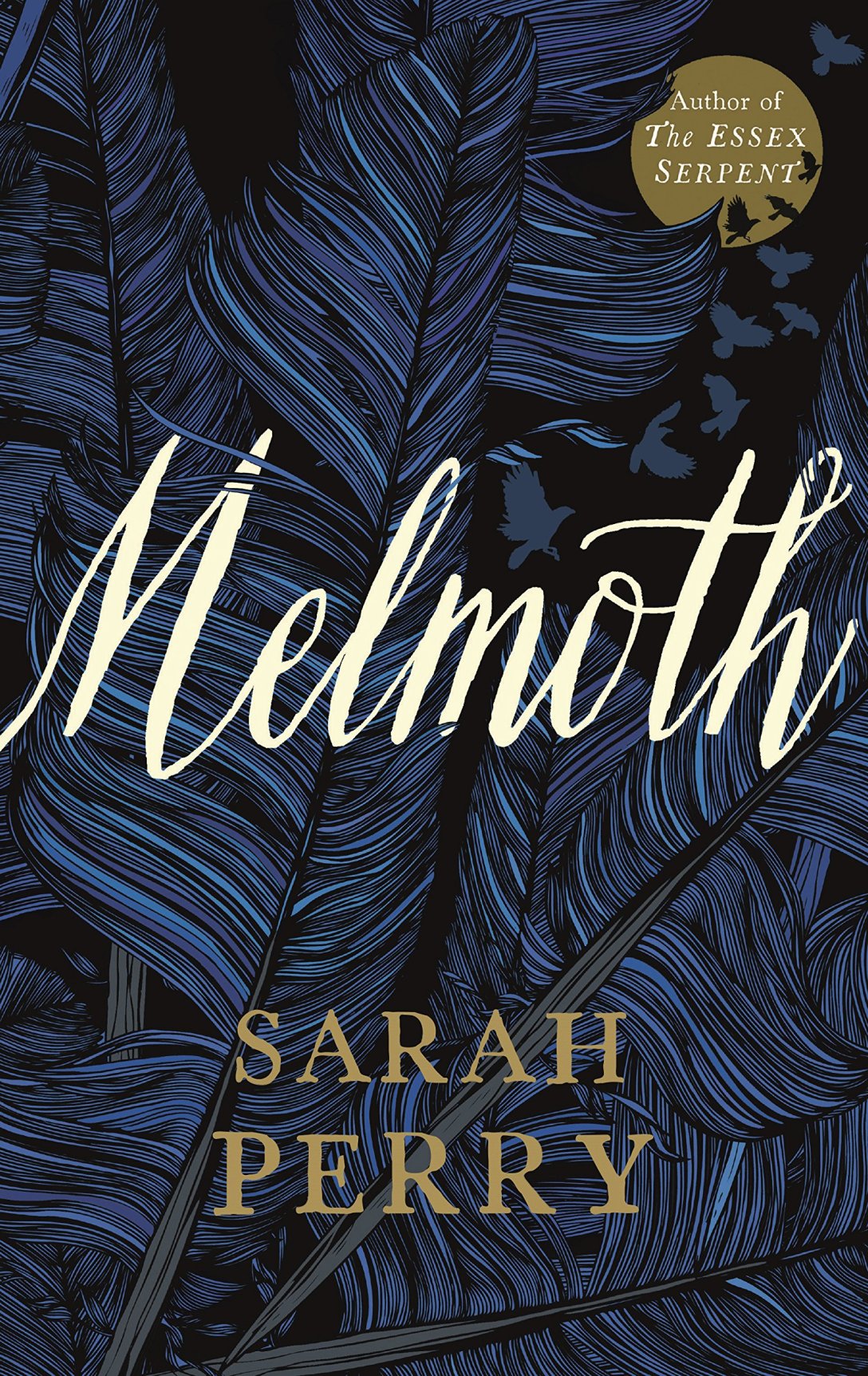
First review of 2019 and it is a deliciously creepy – albeit ultimately hopeful – Melmoth by Sarah Perry. Perry came to my attention last year with The Essex Serpent which I read but, it appears never actually reviewed… Damn, I’m sure I had…
Anyway, the upshot is that I enjoyed The Essex Serpent but felt it could have benefitted from a more thorough and brutal editing: it meandered between different stories and perspectives and over a long time, lacking pace and focus at times. Melmoth seems to have had that edit and is more terse and more focused as a result. And ultimately much more vivid and compelling.
In the novel, we are introduced to the somewhat non-descript and ascetic Helen Franklin,
forty-two, neither short nor tall, her hair neither dark nor fair; on her feet, boots which serve from November to March, and her mother’s steel watch on her wrist.
She has lived in Prague for twenty years, working as a translator, and appears to have only two friends: Karel Pražan and his wife, Thea.
Hints are dropped heavily in the opening of the book that this twenty-year period are a period of self-imposed exile and punishment for an undisclosed crime. And the novel thrusts us directly into the critical moment of her life there: the moment when Karel, distracted and paranoid, thrusts a file of papers into her hands: the autobiography and confession of his recently deceased friend Josef Hoffman.
And so begins Helen’s haunting by the eponymous Melmoth, a female imagining of Charles Maturin’s Melmoth the Wanderer, a text which is cited by Karel in his own research into the Melmoth figure. And who is Melmoth? For Maturin – if memory serves – he was a man who exchanged his soul for an extended life in a Faustian pact, if memory serves. For Perry, she is one of
a company of women [who] came to Jesus’s tomb, and found it empty, and the stone rolled away, and right there in the garden they saw the risen son of God. But among them was one who later denied that she had ever seen the resurrected Christ. Because of it she is cursed to wander the earth without home or respite, until Christ comes again. So she is always watching, always seeking out everything that’s most distressing and most wicked, in a world which is surpassingly wicked, and full of distress. In doing so she bears witness, where there is no witness, and hopes to achieve her salvation.
I have always been drawn to wanderers in my reading: Ishmael in Moby Dick, Io in Aeschylus’ Prometheus Bound, the speaker of Blake’s London just to name a few. Wanderers above questers perhaps. And Perry’s Melmoth is a viscerally imagined wanderer, an iteration of the Wandering Jew, her feet shoeless and bloody, their bones breaking, when she appears.
And she does appear frequently: the structure of the novel, like many Gothic novels, is almost epistolary, swelling the narrative with letters and journals and testimonies ranging from the the seventeenth century through the Holocaust and into the twenty-first century where people have encountered Melmoth.
She is a fabulously ambiguous character when she does appear: she seems to be met continually “with a kind of longing fear — as if what I desired most was also what appalled me most” and characters are tempted by her pleas for a companion as much as they are terrified of her. Maternal and horrifying. And with a beautiful economy, Perry evokes the horror vivdly:
All the softness and all the appeal left her and I was afraid. She was gaunt and tall and terrible to look at: her mouth was red and wide and her unblinking eyes flickered and blood pooled at her feet, and I saw how they bled from places where bone broke skin.
As with many Gothic novels, indeed as with The Essex Serpent, Perry balances the presentation of the supernatural very delicately: I’m not sure I ever fully grasped to what extent she truly existed outside the minds of the characters and to what extent she was a manifestation of their own guilt, fed into by children’s tales and folklore.
The novel does follow the haunting of Helen Franklin and there are some wonderfully dark descriptions of Prague, full of “shadows on the wall [which] deepen, pulse, acquire substance” and snow and ice and ubiquitous jackdaws which become by the end like something Hitchcockian.

It is not, however, by any means, without hope or absolution. Albína Horáková, a wonderfully grotesque and Gothic character in the vein of Miss Havisham, introduced
in black, this woman, many layers of it, the layers containing the detritus of a week’s meals, and the scent of sandalwood, talc, and sweat. She is decked in garnet, in cheap black chips of it, on her ears and fingers, and in a brooch on her breast which glitters like a smashed black plate. This is Albína Horáková: ninety years old, malicious, unkind, devoted to sentimental opera and Turkish Delight.
And yet her earthly practical forgiveness in the core of the narrative. During a wonderfully contrived birthday meal – Albína bedecked in layers of white wedding dress – and trip to the Opera, Perry generates a real warmth and humanity and tenderness between four women. And the trajectory of the novel, although tortuous, is ultimately redemptive, and redemptive in a way which does not feel forced or trite or artificial.
The language in the narrative sections are a tad disconcerting: there is a self-consciousness and a number of direct appeals to the reader from the narrator which creates a different and unusual narrative voice from the opening lines as she exhorts us to
Look! It is winter in Prague: night is rising in the mother of cities and over her thousand spires. Look down at the darkness around your feet, in all the lanes and alleys, as if it were a soft black dust swept there by a broom; look at the stone apostles on the old Charles Bridge, and at all the blue-eyed jackdaws on the shoulders of St. John of Nepomuk. Look!
By the end of the novel though, this reason for this artifice becomes clear and, again, very economical but satisfying as a result.
It was, in short, a wonderful read in the increasingly cold and chilly weather of 2019. Thankfully, thus far, without magpies.
Ratings:
Overall: ⭐⭐⭐⭐⭐
Characters: ⭐⭐⭐⭐⭐
Plot / Pace: ⭐⭐⭐⭐⭐
Language: ⭐⭐⭐⭐⭐
Publisher: Serpent’s Tail
Date: 2nd October 2018
Available: Amazon



I agree with your opinion about The Essex Serpent, even though I ended up loving it. This one is sitting in my shortlisted TBR stack and now I am looking forward to it with bated breath. Thanks for the excellent review.
LikeLiked by 1 person
Give it a go, it was wonderful!
LikeLike
[…] her vowels and consonants offered – an offer with no less temptation and no less danger than Melmoth‘s. An offer to join the College Rowing […]
LikeLike
[…] did not, for me, quite match up to novels like Sarah Perry’s Melmoth, with which it shares many sensibilities but not quite the same physical and gut wrenching […]
LikeLike
[…] The pinnacle of her work, for me, has been Cuckoo Song, a novel which I have adored for four years now – was it really 2015 that I first read it – and which has become embedded in many of the lessons I have written and taught as a class reader. Creepy, evocative, fairytale, mythic. And her other two monumentally wonderful books – and that’s not to knock her earlier work – are The Lie Tree and A Skinful of Shadows which combine the supernatural with the historical with more deftness and skill and success than almost any writer – on a par with Sarah Perry’s Essex Serpent and Melmoth. […]
LikeLike
[…] 9. Melmoth, Sarah Perry […]
LikeLike
[…] Melmoth, Sarah Perry […]
LikeLike
[…] genre that gained most 5 star ratings was distinctly Gothic having begun the year with Melmoth by Sarah Perry and finished it with Starve Acre by Andrew Michael […]
LikeLike
[…] Melmoth, Sarah Perry […]
LikeLike
[…] Melmoth, Sarah Perry […]
LikeLike
[…] Melmoth, Sarah Perry […]
LikeLike
[…] Melmoth, Sarah Perry […]
LikeLike
[…] Melmoth, Sarah Perry […]
LikeLike
[…] Melmoth, Saray Perry […]
LikeLike
[…] year’s end is always a great time to read a chilling novel: I remember finishing 2018 with Melmoth by Sarah Perry; 2019 with Starve Acre by Andrew Michael Hurley; and now 2020 with Pine, Francine […]
LikeLike
[…] Melmoth, Sarah Penny […]
LikeLike